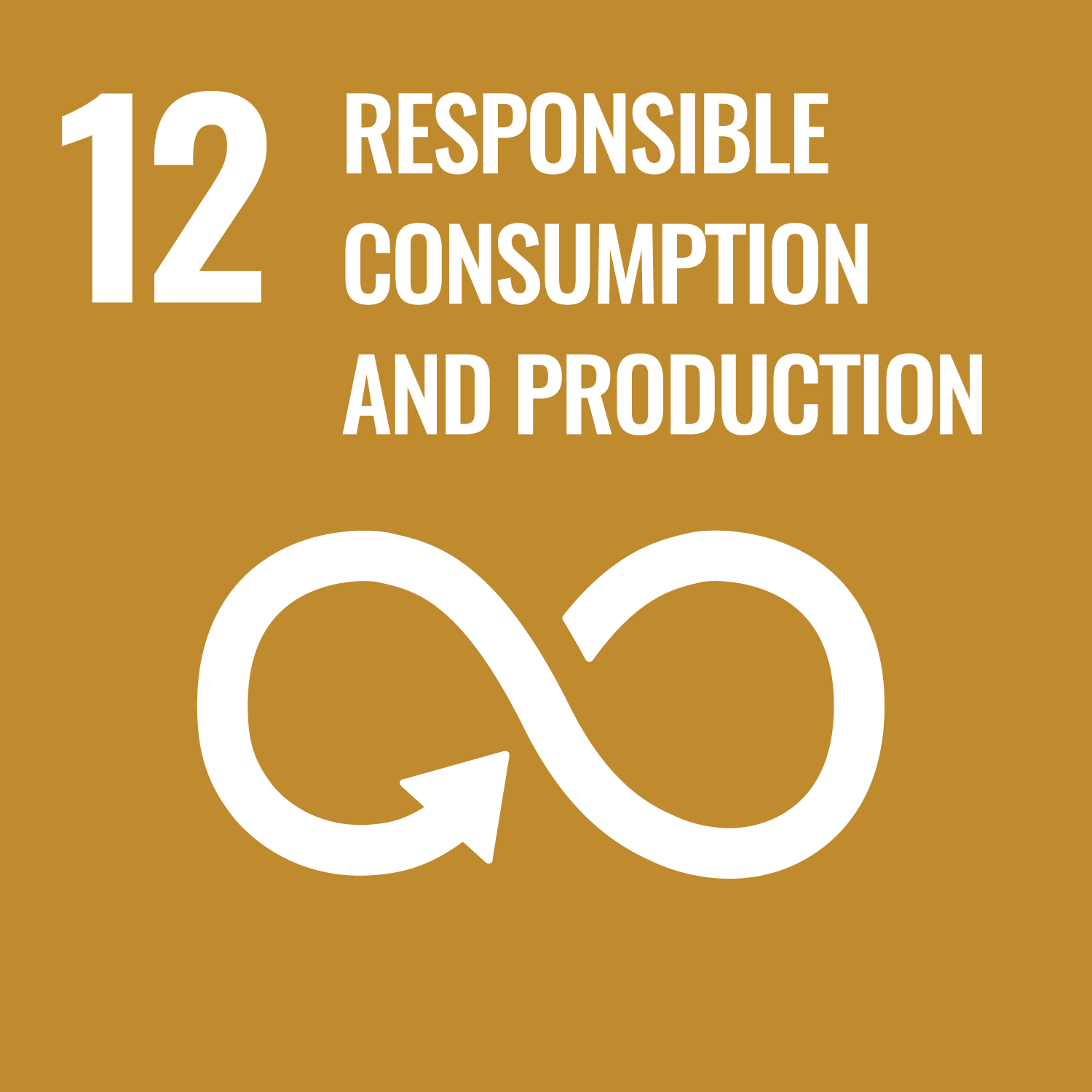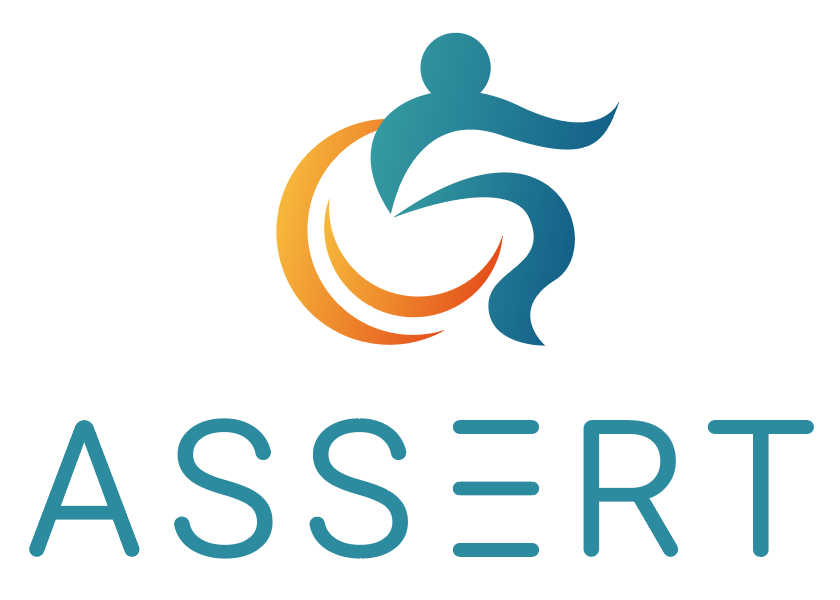EPIU develops an energy poverty intelligence system - a data analytics system that collects information on energy consumption, income and other factors determining energy poverty. The system includes a predictive model that will cluster energy poverty, vulnerable groups, by social, demographic and physical characteristics at 3 scales: home, building, and neighborhood.
The predictive model enables preventive attention in response to detected cases of energy poverty. With a budget of over 1 million euros, it sets up a transversal service for energy poverty attention, which will address the cases detected by the model. Services will be delivered by a cross-disciplinary work team composed of several areas of the main urban authority. Depending on the characteristics of the clusters identified by the model, specific workflows will be designed to dictate the steps and procedures to follow in order to approach the vulnerable homes. Once potentially vulnerable homes have been identified, the municipal housing company will assess the implementation of tailor-made solutions and the compensatory engagement actions.Tailor-made solutions will be developed for both heat and cold energy poverty at the three scales for a selection of energy poverty-affected homes, buildings and neighborhoods.
Some concrete key performance indicators (KPIs) of the project include:
- Decrease in number of households in las Margaritas and Alhóndiga that are unable to keep their homes at an adequate temperature (%) -: 20 %
- Percentage of population affected by EP characterized in terms of energy vulnerability: 80 %
- Percentage of tailor-made solutions prioritized, quantified and evaluated in terms of effectiveness and efficiency that have been shared with community and stakeholders: 100 %
- Percentage of population that have become aware about energy poverty: 31 %.
Main beneficiaries: the energy poor.
-

-
 Countries impacted:
Countries impacted:
Spain -
 Geographical scale:
Geographical scale:
Regional and Local -
 Energy poverty phase:
Energy poverty phase:
DiagnosisPlanningImplementation -
 Intervention type:
Intervention type:
CharacterisationCommunication campaignData collectionMonitoring and Impact Assessment -
 Professionals involved:
Professionals involved:
TechnicianEngineerResearcher -
 Partners involved:
Partners involved:
-
 Type of funding:
Type of funding:
European funds from Urban Innovative Actions -
SDGs addressed:



Explore more



